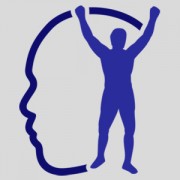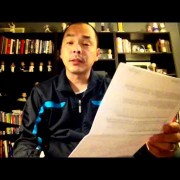MESSAGE #1412 LESSONS FROM AN NCAA CHAMP
Recently, Lauren Embree clinched the NCAA title for the University of Florida Gators women’s tennis team. She beat Mallory Burdette, 5-7, 6-3, 7-6 (6) after losing a 5-1 lead in the first set and overcoming a 0-4 deficit in the final set.
I caught up with Embree after her incredible win.
“I had different thoughts racing through my mind when I was down 4-0 in the third. I kept fighting. I knew I still had a chance no matter what the score was.”
“I just told myself, ‘one point at a time,’ ”
“I kept telling myself positive thoughts.”
Embree’s goal was to fight her way back and instead of focusing on the situation, she focused on the process and just tried to get the ball back deeper.
So what did Embree do?
1. She went all-out.
2. She played in the present moment (not the past or the future).
3. She told herself affirmations to keep her performance, focus and energy levels high.
She could have easily fallen apart after losing the lead in the first set, but she didn’t—she fought back. Even when she was down 0-4 in the final set, she went all-out until the very end.
And we can all do that…it’s a choice.
You may not be an NCAA champion, but you can use Embree’s strategies to succeed in sports, sales or school. And you can begin today.
Thank you Lauren and congrats again.





